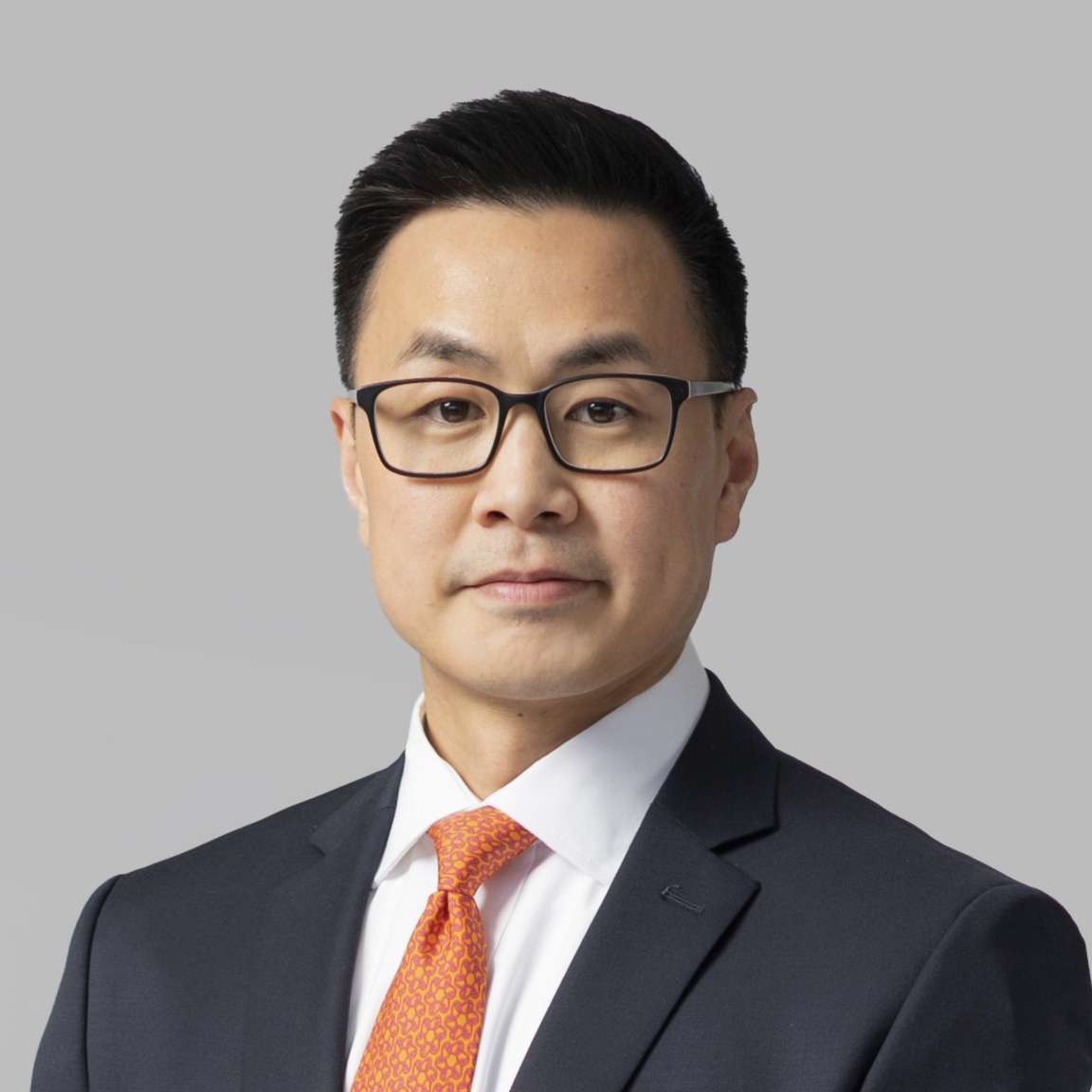Temple Health’s impact extends well beyond the bedside. Its Center for Population Health, established in 2014, includes patient-centered medical homes, chronic-disease management programs for high-risk populations using nurse navigators, an inpatient and outpatient community-health work program, peer coaching, and central access for scheduling and follow-ups.
To help patients with complex social and medical-health issues, Temple’s Community Health Worker team visits homes, schedules and attends doctor appointments, coordinates transportation, and connects with other social supports to improve quality-of-life and treatment outcomes.
In 2020, Temple launched the Multi-Visit Patient Clinic to provide a full continuum of care for patients with high emergency-department use and frequent inpatient admissions. On discharge, community health workers link patients with follow-up healthcare, provide meals and transportation, visit homes, and connect with other social supports. Clinic patients have reduced emergency department use by 40% and inpatient use by 21% while increasing the use of outpatient services by 50%,4 demonstrating that they’re seeking more appropriate care in effective settings.
Temple Health also collaborated with local nonprofits, launching a two-year program to help 25 homeless Medicaid patients who frequent hospital emergency departments. Patients are provided free housing and caseworkers to connect them with health and social services. Caseworkers assist patients by furnishing apartments, connecting them with healthy meals, and helping them apply for income assistance such as Social Security.
This program isn’t large, but its impact is. When we compare the first five months that participants were housed to their experience before the program, there was a 75% reduction in emergency department use, a 79% reduction in inpatient hospital admissions, and a 50% increase in outpatient services use.5
Clear, Measurable Impact
Ultimately, the municipal bond market and impact strategies can play huge roles in channeling capital to financially productive uses that also help address environmental and social issues disproportionately affecting marginalized communities. The key is to identify strategies that employ meaningful data and project relevant key performance indicators. These play a vital role in developing better insights on investments and judging how effective they are. Investors play a critical role in supporting municipal issuers that are making a positive impact in their communities. By putting capital to work thoughtfully, they can help build a more equitable and sustainable future for all.
1 https://journals.sagepub.com/doi/10.1177/0160017620942812 https://www.nature.com/articles/s44221-022-00009-w
2 https://www.uclahealth.org/sustainability/our-commitment/social-determinants-health
3 https://cph.temple.edu/about/news-events/news/temple-commits-1-million-immigrant-and-vulnerable-populations-healthcare
4 https://www.templehealth.org/sites/default/files/2022-06/FY22-CHNA-Temple-University-Hospital.pdf
5 https://www.templehealth.org/about/news/program-aimed-at-providing-housing-support-services-for-people-experiencing-homelessness-sees-75-decrease-in-emergency-department-visits-and-79-decrease-in-admissions


